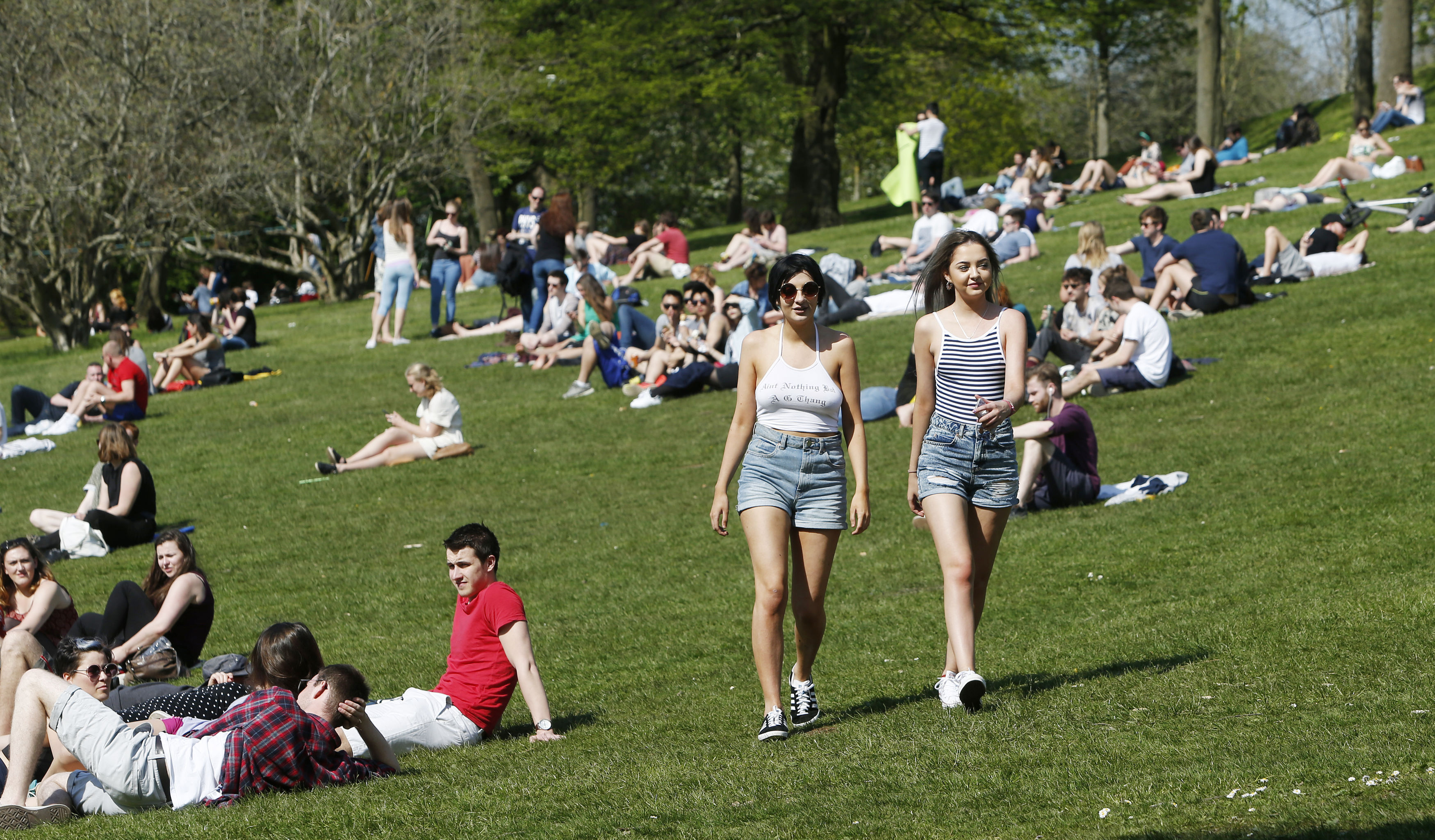
They used to be the focal point for every community. A place where you could kick back and relax after a hard week’s work.
You could have a blether with your pals about the problems of life in a way that would now cost you £70 an hour with a shrink. Or, if you were a bit younger, it was the place where you might enjoy a wee bit of romance.
Yes, ladies and gentleman it was the humble pub. Now, however, the local boozer has become a threatened species. The smoking ban, banking crisis, the availability of cheap supermarket booze, pre-loading (where folk get tanked up at home before venturing out), soaring licensing and legal costs, and the new drink driving regulations are all having a devastating effect on trade.
Our pubs, once the social hubs of the local community, have almost disappeared off the map with only 1 in 10 people now even setting foot inside a local hostelry.
You have to admit it – life is just that little bit more dull without a really well-run local pub.
A story this week showed just how much of a battle for survival businesses face. One study saw the testers buy a week’s worth of booze from a supermarket for just £2.50.
No pub or club can compete with that.
A recent survey conducted by the SLTA (Scottish Licence Trade Association) found that the new drink drive regulations have had a significant impact on sales, with many motorists deciding it’s not worth the hassle and not worth the risk to take the car.
But for me the most worrying figure was 66% of 600 outlets surveyed thought that the biggest threat to their business was Scottish Government legislation.
It’s not the Scottish people that have a problem with alcohol but those who make up and then fiddle with the rules!
The government must be more supportive. Especially in our rural areas and communities.
Another example of confused messages involved a two-year study by Glasgow Caledonian University, commissioned by the city’s Chamber of Commerce (GCOC).
It reported that Glasgow’s retail and night-time economies were together bringing in a staggering £5.5 billion to the city.
As someone whose business is contributor to the city’s night-time economy this report was a pleasant surprise.
I felt a brief moment of euphoria . . . but sadly it was not to be.
That’s because its author, a Professor Lennon, suggested Glasgow should adopt a 24-hour mode of operation if it wishes to remain competitive with other UK cities.
Here we were again, being celebrated on one hand, but slowly dissected on the other.
The professor was suggesting that Glasgow could do miles better if there was an all day, all night licensing policy in place.
But he failed to mention that in cities where those policies had been adopted trade had slumped, forcing many pubs, clubs and venues to call last orders.
If this strategy is adopted standards will inevitably drop as fast as the prices will.
Staff numbers and wages will also be kept to a bare minimum and in turn customer safety will be compromised.
All in a small-minded effort to make us be seen to be a bit more cosmopolitan and trendily European.
As someone who speaks for a great many in the licence trade, I need to get one important thing straight.
We do not need and we do not want a 24-hour drinking policy.
READ MORE
Hundreds of air passengers arrested for drink offences over past two years
Alcohol advice: Rest of UK follows Scotland’s lead to warn against ANY drinking during pregnancy

Enjoy the convenience of having The Sunday Post delivered as a digital ePaper straight to your smartphone, tablet or computer.
Subscribe for only £5.49 a month and enjoy all the benefits of the printed paper as a digital replica.
Subscribe